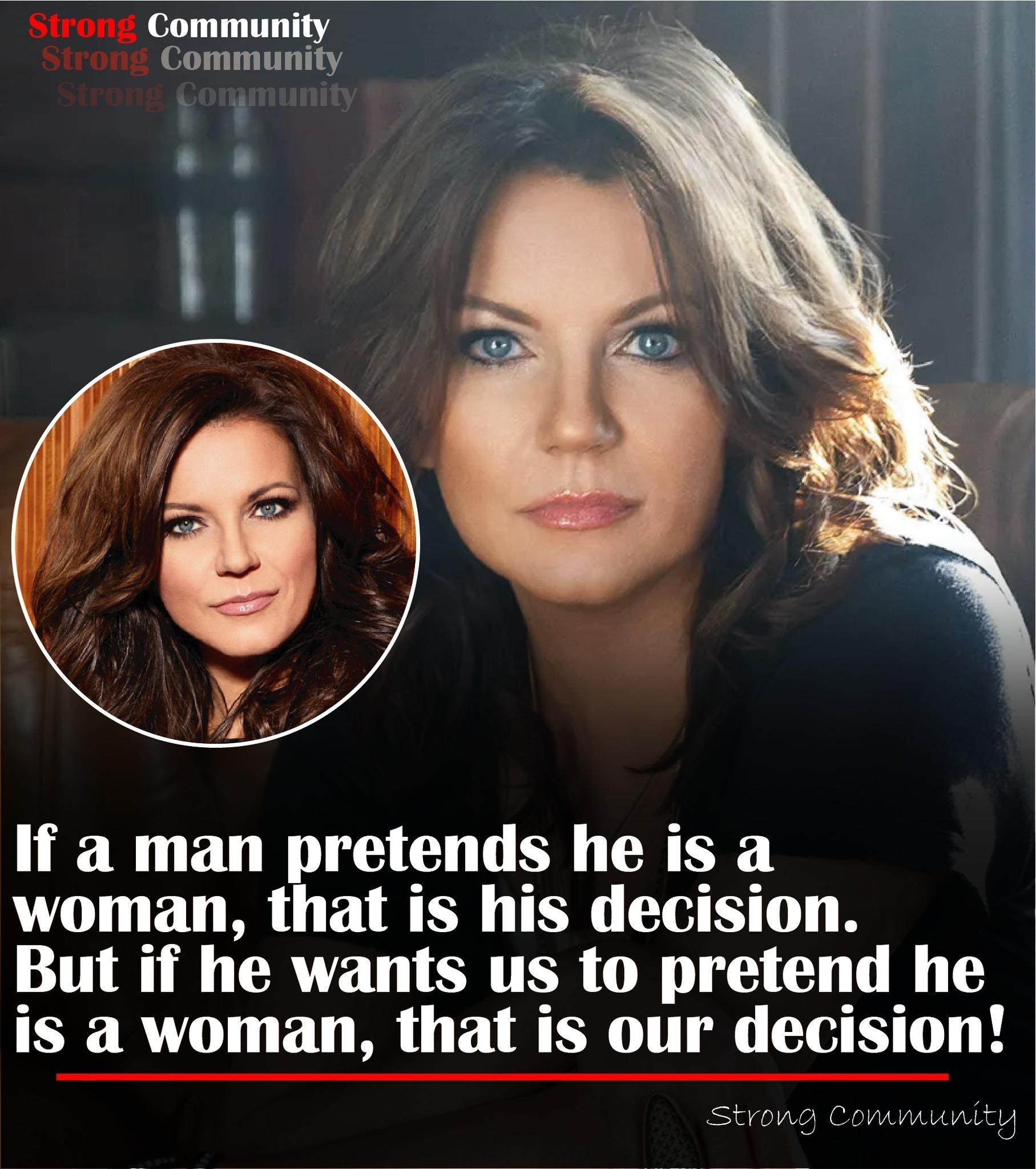In today’s rapidly evolving social landscape, questions of gender identity have become both culturally significant and politically charged. Discussions that were once confined to academic circles or fringe activism have entered the mainstream with full force. One of the most contentious topics at the heart of this conversation is the tension between individual identity and collective acknowledgment. When someone, for example, is biologically male but identifies as a woman, the decision to live that way is ultimately a personal one. However, the expectation that society at large must treat or perceive that individual as a woman raises an entirely separate and complex question—one that rests not on personal freedom, but on shared societal norms.

A man may choose to live as a woman. That is within his right, as an individual in a free society. He may adopt a female name, dress in traditionally feminine clothing, take hormones, undergo surgeries, and present himself in a way that reflects his inner identity. In many liberal democracies, legal structures have even evolved to support such transitions, including updated identification documents and protections against discrimination. Personal autonomy is a cornerstone of modern society, and the right to self-determination, especially over one’s body and identity, is vital.
But while the individual’s right to self-identify is clear, what is not as clear—and where the debate intensifies—is whether others are morally or socially obligated to affirm that identity, especially when it contradicts observable biological reality. Is it fair to compel everyone else to join in that affirmation, to ask society to adjust language, redefine longstanding concepts of male and female, or risk social punishment for dissenting views?
The distinction lies in understanding that identity and recognition are two different things. Identity is internal—it belongs to the person. Recognition, on the other hand, is external. It belongs to the community, to others. One can claim an identity, but recognition must be given, not demanded. If a man believes he is a woman, that belief is his alone. If he wants others to treat him as a woman, that is a request that depends on others’ agreement, not an entitlement.
For many people, this isn’t necessarily about intolerance or hate. It’s about honesty and freedom of thought. To pretend something that contradicts one’s own understanding of reality feels inauthentic or even dishonest. Language is a powerful tool for communication, and for many, referring to someone born male as “she” is not merely a polite gesture—it is an ideological statement, one they may not feel comfortable making. When the demand to affirm someone else’s identity infringes upon one’s own convictions, the situation becomes fraught.
There’s also the issue of social consequences. In some circles, failure to affirm someone’s gender identity exactly as they wish can result in accusations of bigotry, professional ruin, or public shaming. The stakes are high, and many people feel coerced into participation. But forced affirmation is not acceptance—it’s compliance. And compliance under pressure breeds resentment, not understanding. Respect for individual identity must be mutual, not one-sided.
Of course, this is not a call to cruelty or disregard. Basic decency demands that all people be treated with dignity and respect. No one should be harassed, threatened, or excluded from public life because of how they identify. Society should continue striving to ensure that trans individuals can live safely and with access to healthcare, employment, and housing. But that goal does not require everyone to abandon their own perspectives or pretend to see something they do not believe to be true.
This conversation is further complicated by the increasing involvement of institutions—schools, media, governments—in policing language and enforcing ideological conformity. In some places, simply expressing doubt about gender ideology can lead to accusations of hate speech. But skepticism is not hatred. Questioning dogma, even popular or progressive dogma, is essential in a free society. When the line between disagreement and discrimination is blurred, dialogue becomes impossible.
Ultimately, tolerance must work both ways. Just as individuals have the right to define their own identities, others must be allowed to define their own beliefs about reality, biology, and language. Coexistence doesn’t mean total agreement—it means living alongside people who see the world differently, without demanding their submission to one’s personal truth.
There will always be tension between the personal and the public, between who we are to ourselves and how we are seen by others. That is not a problem to be solved, but a condition of human society. What matters is how we manage that tension—with empathy, honesty, and mutual respect.

If a man wants to live as a woman, that is his decision. But if he wants others to pretend alongside him, that is a different matter. That is not his right to impose, but a request to be considered. And whether that request is granted should remain a free choice—not a forced performance.






